Customs brokerage is a key component in logistics and supply chain management comprised of the processes and documentation required to garner customs clearance for goods entering or leaving a country. Customs brokers are the individuals trained and licensed to facilitate international shipping allowance without a hitch. Potential 'hitches' facing importers are both plentiful and costly, so careful consideration regarding who manages customs brokerage for your commodities is critical.
Customs Brokerage
Importers have a few options to choose from when determining who will be in charge of garnering customs clearance for their goods:
- Many freight forwarders are also licensed customs brokers, so importers may use the brokerage service of a given forwarder.
- Importers may use a freight forwarder for forwarding services, but utilize a separate broker.
- If the importer works directly with a carrier, then the importer will do so with a broker, too.
In each of these instances, the importer outsources the management of customs processes to the licensed broker to utilize their expertise and relieve themselves from the hassle of expediting so many moving parts, so that they, the importers, can focus on doing what they do best—selling commodities.
Brokerage Processes Overview
- Entry: When a shipment arrives in the United States, the customs broker will file entry documents with the port director.
- Documents include a release form, purchase order from the buyer, commercial invoice of the supplier, bill of lading (or airway bill), packing list, certificate of origin, and any others required by the importer.
- Examination: Upon entry, a shipment is either granted clearance (approval to enter the country), or it does not get approval and must go through examination. Remember: The primary function of U.S. Customs and Border Protection (CBP) is homeland security.
Examination Checklist
CBP exams are mainly concerned with three types of violations:
- Invalid or missing trademark licenses: The CBP will examine a shipment for branded goods to try and determine whether an importer has the authority to import them. Import authority is proven with a licensing agreement. Licenses grant the licensee property rights, without actually transferring ownership. Lack of a license agreement does not necessarily indicate counterfeiting, but without such documentation, authenticity is impossible to validate.
- Counterfeit goods: As an example, luxury fashion brands are some of the most counterfeited products brought into the United States. To thwart counterfeit items from being imported for sale, certain brands do not license out their trademark. That means only the owner of the trademark can import these goods. If anyone else attempts to import trademarked goods from companies that do not license out their trademark, the CBP can assume they're dealing with counterfeit materials.
- Contraband: The CBP is always on the lookout for importers trying to smuggle prohibited articles or substances into the country, either in defiance of a total ban, or without paying necessary duties.
These violations are detailed in Customs Directive No. 2310-008A, Trademark and Tradename Protection.
When commodities are examined, U.S. Customs and Border Protection (CBP) officials will also record the following:
- What is the total value of the cargo?
- What is the shipment's dutiable status?
- Do any goods need to be specially marked? If so, are they properly marked?
- Were goods properly invoiced?
- Does the amount of the shipment match the amount claimed in the invoice?
- Rates of duty and classifications
Customs Brokers
Attaining customs clearance is no simple task. Trade regulations vary from country to country; sometimes, they even differ from port to port. To boot, turbulent tariff reforms in 2018 promise to deliver ongoing shipping-related curveballs to those taxed with keeping up with the more than 3,700-page harmonized tariff schedule and the CBP’s 211-page publication, Importing Into the United States.
To compete in today’s increasingly global marketplace, knowledge and perfection of international trade practices are imperative. In the United States, there are about 11,000 individuals licensed to handle the job.
Before they could obtain their licenses, those 11,000 U.S. brokers first had to pass a grueling Customs Brokers License Exam. This is open-book and just 80 questions long, but still, on average, just one in five hopefuls manage to earn a passing score. On one particularly tricky exam administered in April of 2012, only 1.5% succeeded on the test. This serves to ensure that the person tasked with advancing your customs clearance is a bona fide expert.
The scope of duties asked of a customs broker may vary from client to client, and include all or some of the following, on behalf of traders:
- Prepare documents related to release and clearance on behalf of traders
- File declarations and other information
- Pay duties and taxes
- Deal with refunds and adjustments
- Accounting of goods and entry of goods
- Liaise with other government agencies for licenses, permits, and other requirements
- Assist in post-clearance audits
- Represent client in dispute resolutions
- Provide consultancy/advice to traders to meet various regulatory requirements (packaging, for example)
- Take samples before the lodging of a Customs declaration
CAF Worldwide: Expeditious Customs Clearance Experts
The traditional role of a customs broker is merely to collect information about a shipment (country of origin, tariff classifications, destination, supplier, intended use, etc.) to expedite the processes necessary for the shipment's release at a port of entry. The role of the broker has evolved considerably. Many are collaborating with importers in a more consultation-heavy capacity to inform strategic business decisions, such as product development, new market exploration, and cost-cutting.
The role of freight forwarders has expanded, too.
"Twenty years ago, it was uncommon for a freight forwarder to be a broker," explains CAF's founding president, Joe Barry. "Today, probably 80% of freight forwarders are brokers, because in a way, if you're not a broker, you're not competitive."
CAF's in-house brokerage experts can guarantee speedy clearance for your commodities, regardless of industry challenges. Take textiles and clothing, for example—both are import-sensitive and considered high-risk for non-compliance. CAF Worldwide specializes in shipping and facilitating customs brokerage for textile and clothing shipping needs, great and small.
CAF Worldwide Is Here, There, Everywhere. For more information about customs brokerage, scroll to the section labeled "Customs" in What Is Freight Management Logistics.
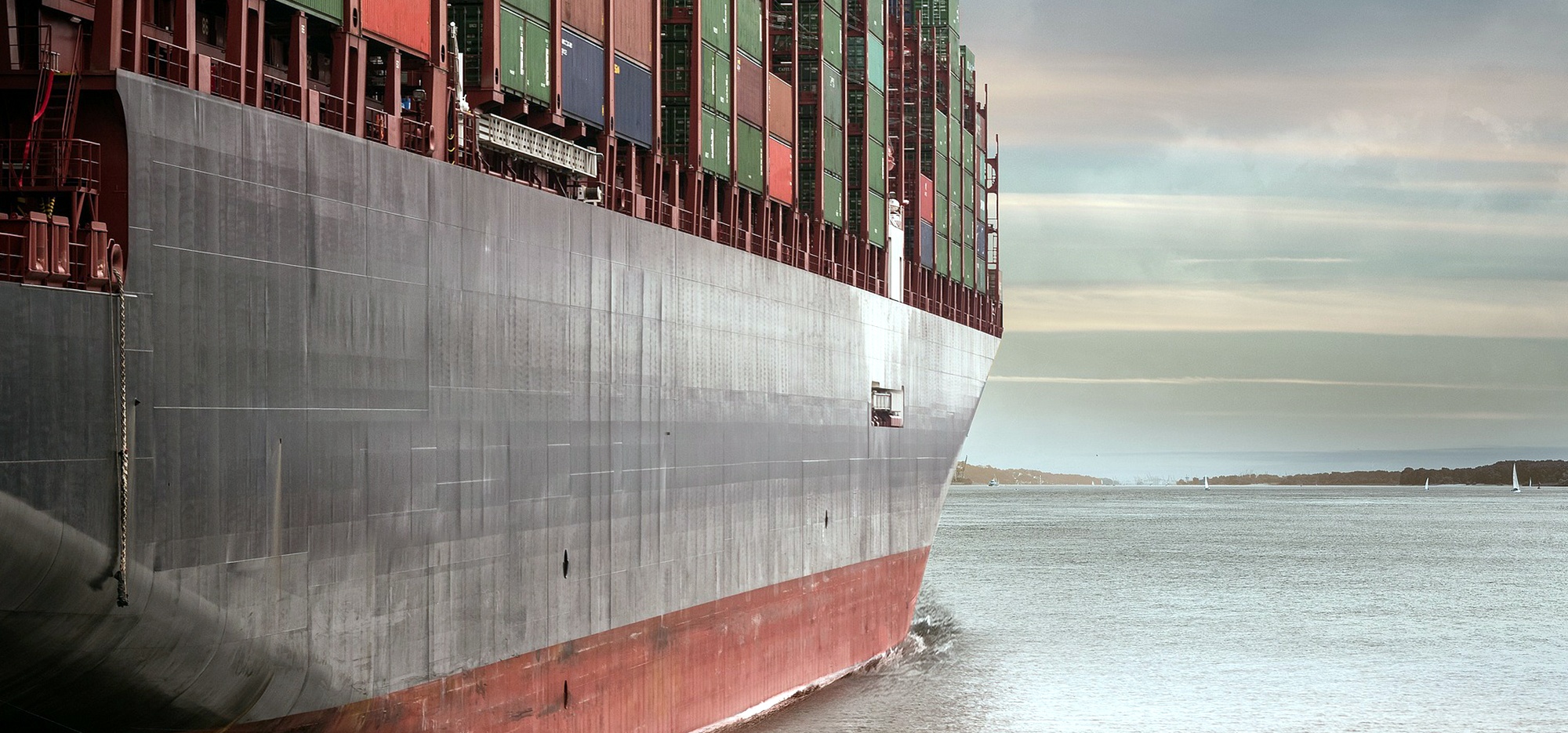

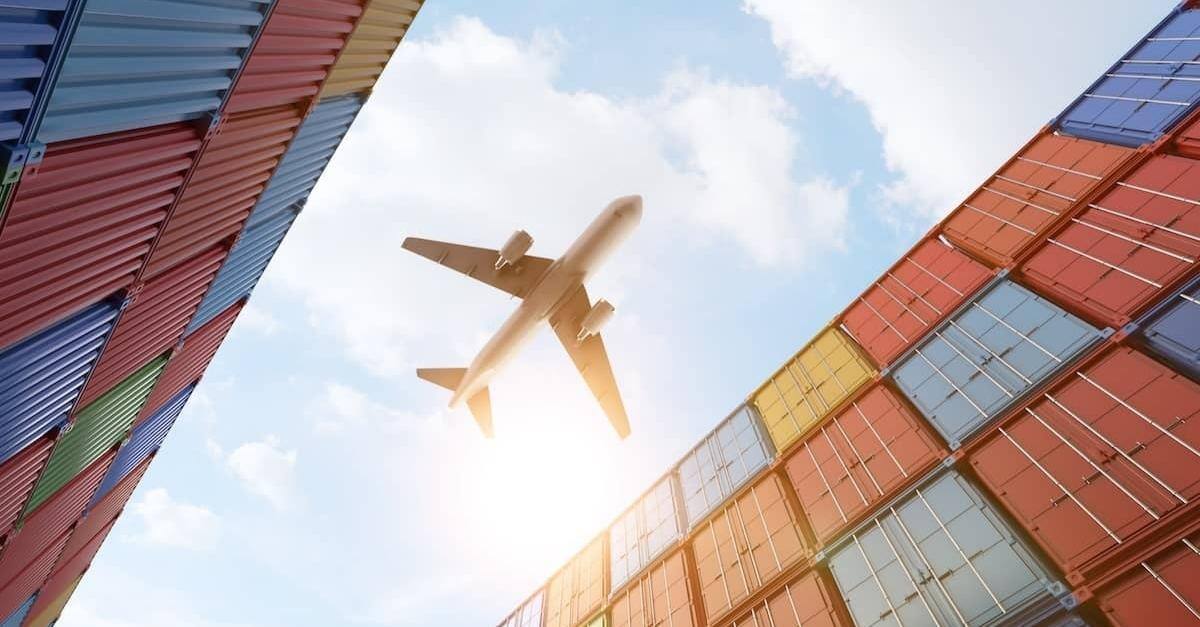
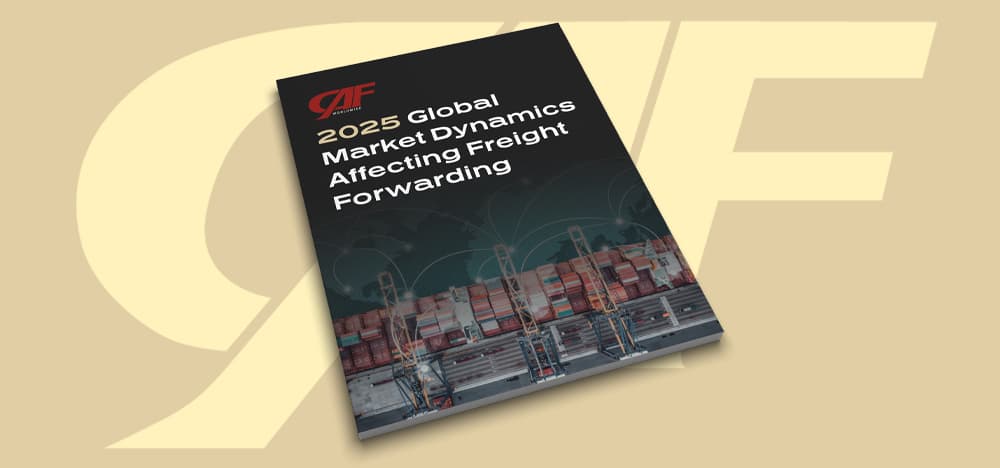
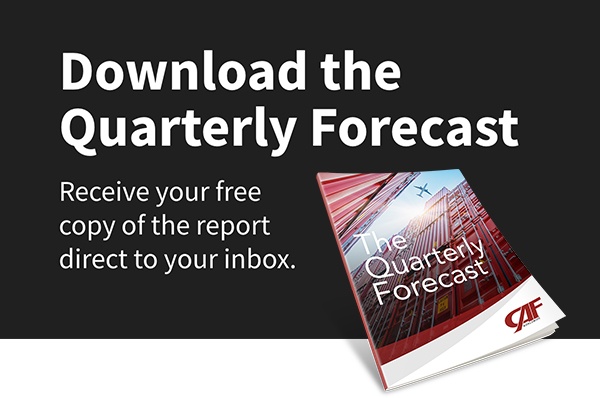

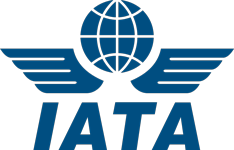





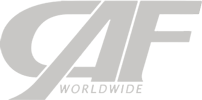 Copyright 2025 CAF Worldwide. All rights reserved.
Copyright 2025 CAF Worldwide. All rights reserved.